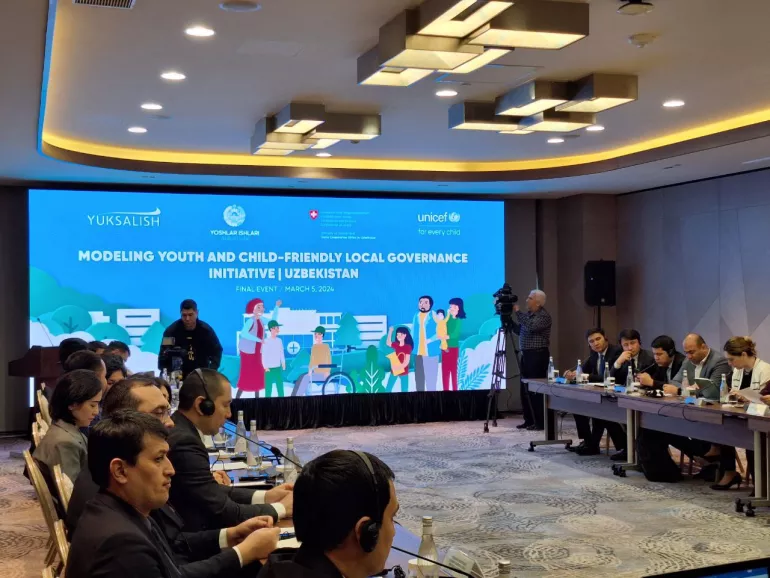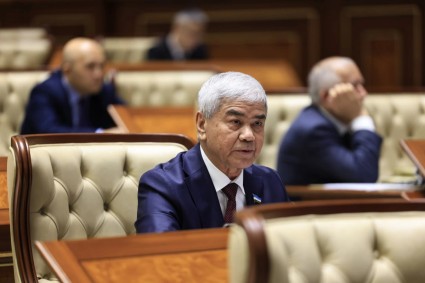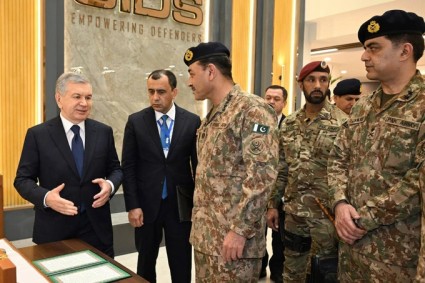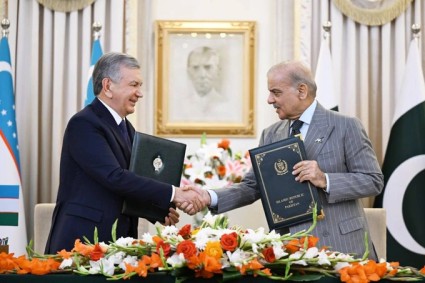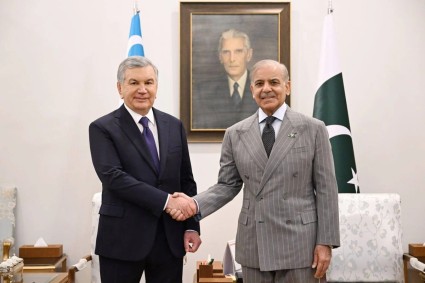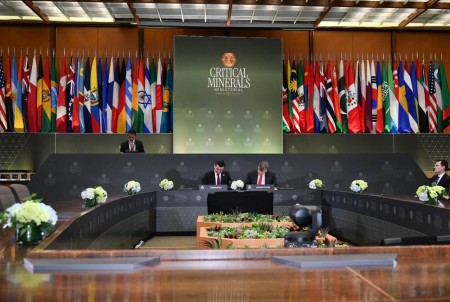Today, local governments of Kokand, Zarafshan, Termez, Yangibozor, and Buston cities presented the results achieved in the framework of the Youth and Child-Friendly Local Governance (YCFLG) initiative.
This pioneering initiative funded by the Swiss Agency for Development and Cooperation, Embassy of Switzerland in Uzbekistan and supported by UNICEF was piloted and implemented in Fergana, Navoi, Surkhandarya, Khorezm regions and the Republic of Karakalpakstan in cooperation with the Movement “Yuksalish” and Youth Affairs Agency.
The YCFLG initiative aimed to reposition local government to act as proactive action-takers that consistently promote the best interests of children and youth. Officials and girls and boys, young women and men joined their efforts to transform communities into places where children’s and young people’s rights to a healthy, caring, protective, educating, stimulating, non-discriminating, and inclusive environment were addressed.
“Ensuring the legal rights and interests of the young generation in Uzbekistan is defined as one of the priority areas of the state policy. Five cities of our republic systematically approached their direct participation in decision-making processes related to the well-being of children and youth within the framework of this initiative. An effective mechanism of cooperation between local governments and youth has emerged. This mechanism can be used in other cities in the future”, said Bobur Bekmurodov, Chairman of the Movement “Yuksalish”.
During 2022-2023, local authorities received technical support from national and international experts on result-oriented programming responsive to the needs of children and youth in their cities, especially the most vulnerable groups. Youth Advisory Boards were established in the cities which mediated consultations of the local government with over 10,000 girls and boys, young women and men, including the most vulnerable, through online and in-person dialogue platforms.
Moreover, the alternative format of the meetings “Khokim va Yoshlar” was modeled with an aim to discuss the social issues affecting all children and youth in the cities, rather than solving individual problems of the participating young women and men.
The concluding event provided the platform for the local governments to present the results achieved in the cities, good practices established and reflect on the lessons learned during the last two years. Regional officials along with young people shared their experience in improving road safety, engaging youth into ecological matters and IT professions of the future. They brought examples of activities targeted at enhancing opportunities of children with disabilities to obtain skills for further employment and creating leisure facilities for young women and men.
“This initiative has had outstanding results. For instance, young people contributed to actions on improving ecology, recreation and education facilities for children. They also championed access and improving facilities for young people with disabilities, said Geoffrey Ijumba, UNICEF acting Representative. “The main achievement of the initiative is that the local government heard the voices of children and youth and made the changes in response to the needs of young people working jointly with young people.”
“We congratulate all five pilot cities for great achievements in a short time,” said Rahel Boesch, Head of Cooperation, Embassy of Switzerland in Uzbekistan. “This important pilot confirmed the potential for more inclusion of girls, women and men at local level. It allowed for innovative initiatives driven by youth and showcased the way for more inclusive governance at local level, as foreseen by the new constitution of Uzbekistan. Switzerland is looking forward to renewed partnerships in scaling up of this important pilot”.
All five cities received the certificates of the finalists of the YCFLG initiative. Their practices, knowledge and experience will be used to strengthen local governance system to put youth, and child rights issues such as survival and development, protection, and meaningful and equitable participation in the center of decision-making. The creation of such a governance system is particularly important for Uzbekistan with young people constituting over 55% of the population.

